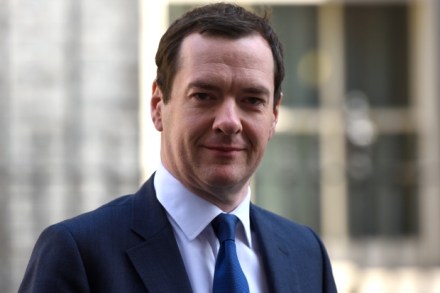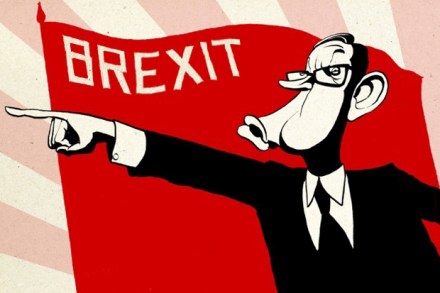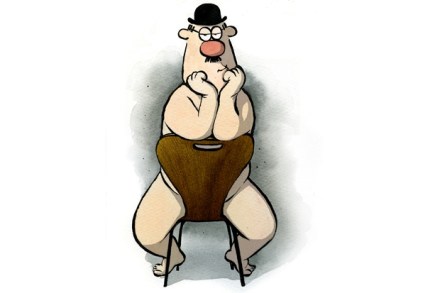Is Brexit to blame for the GDP slowdown?
Britain’s economic growth slowed in the first quarter of this year to 0.4 per cent, down from 0.6 per cent at the end of last year, according to ONS figures out today. What did George Osborne have to say about the slowdown? Predictably enough, he invoked the threat of Brexit and turned the news into a pitch for staying in the EU. The Chancellor said: ‘It’s good news that Britain continues to grow, but there are warnings today that the threat of leaving the EU is weighing on our economy. Investments and building are being delayed and another group of experts, the OECD, confirms British families would be worse off





















